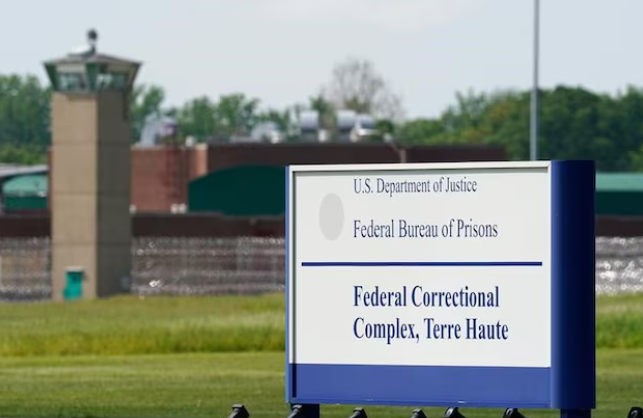A federal appeals court recently ruled that the U.S. Sentencing Commission did not have the authority to implement a policy allowing judges to consider changes in law as “extraordinary and compelling” reasons for granting early release to prisoners.
The decision came from a three-judge panel of the 3rd U.S. Circuit Court of Appeals in Philadelphia, which rejected the appeal of Daniel Rutherford, who was seeking a reduction in his nearly 42.5-year sentence for two armed robberies committed in 2003.
Rutherford’s argument centered on the First Step Act, a bipartisan criminal justice reform law passed in 2018 that aimed to reduce harsh sentencing practices. He claimed that if he were sentenced today, his prison term would be significantly shorter—by at least 18 years. However, the court maintained that the Sentencing Commission’s new policy conflicted with Congressional intent, which had made certain changes in sentencing non-retroactive.
U.S. Senator Dick Durbin, chair of the Senate Judiciary Committee, criticized the ruling, stating it undermines the authority of trial judges to assess changes in law and to exercise discretion on a case-by-case basis. Durbin expressed hope that the Supreme Court would ultimately uphold the Sentencing Commission’s authority.
The panel noted that the Sentencing Commission lost its quorum shortly after the First Step Act was enacted, preventing it from updating guidelines for three years. This absence led to inconsistent interpretations across different courts regarding what constituted “extraordinary and compelling” circumstances for compassionate release. Some appeals courts accepted changes in mandatory minimum sentences as valid reasons, while others, including the 3rd Circuit, disagreed.
In April 2023, after regaining a quorum, the Sentencing Commission approved a policy statement stating that changes in law could be deemed “extraordinary and compelling,” but the 3rd Circuit ruled that this policy was invalid. Judge Kent Jordan, writing for the panel, emphasized that the policy could not override Congressional decisions.
The case is seen as significant, as it reflects ongoing tensions between judicial interpretation and Congressional authority in the realm of criminal justice reform. The legal discourse surrounding the Sentencing Commission’s powers and its implications for compassionate release continues to evolve, potentially leading to further challenges and appeals.

